Electric vehicles don't make a lot of sense for many people from an economic standpoint. Now a number of battery explosions are revealing that they may not be all that great from a safety standpoint, either.
The New York Fire Department recently reported that so far this year there have been 108 lithium-ion battery fires in New York City, which have injured 66 people and killed 13. According to FDNY Commissioner Laura Kavanagh, "There is not a small amount of fire, it [the vehicle] literally explodes." The resulting fire is "very difficult to extinguish and so it is particularly dangerous."
Last year there were more than 200 fires from batteries from e-bikes, EVs and other devices.
A fire ignited at an e-bike shop and killed four people near midnight on the morning of June 20. Two individuals were left in critical condition. The fire commissioner has warned New Yorkers that such devices could be very dangerous and typically explode in such a way that renders escape impossible.
FDNY also reports that in just three years, lithium-ion battery fires have surpassed those started by cooking and smoking as the most common causes of fatal fires in New York City. It's happening all over the country as these blazes have become commonplace. Cars and e-bikes are randomly blowing up in driveways and garages.
These are very concerning facts and figures.
Of course, internal-combustion vehicles catch fire, as well. But lithium battery fires can be orders of magnitude more dangerous. Unlike gas- or Diesel-powered systems, lithium-ion batteries can, in a fire, be subject to what's called a "thermal runaway" reaction, in which the temperatures can reach double that of a gasoline fire and emit flammable and toxic gases such as hydrogen fluoride (HF) and phosphorous oxyfluoride (POF3). Fires of this type are also what is known as a "Type D fire" and are very difficult to put out, requiring a special dry-powder extinguishing agent designed specifically for these types of fires; gasoline fires, on the other hand, or Type B fires, which can be handled with a standard household ABC extinguisher.
This is where the explosions come in, and this is where people are being hurt. It is, however, important to keep these things in perspective, and it's even more important to let people evaluate the available information for themselves - and then let them accept the consequences of their resulting choices. Never in the history of mankind has information on almost everything been as readily available as it is today, so there's no reason people shouldn't be allowed to evaluate these things for themselves and make their own (hopefully) informed decisions, absent some bureaucrat looking over their shoulder.
Now let's be honest: 13 deaths in a city the size of New York with some 8 million people is hardly an epidemic. Regulations should always be based on a cost versus benefit calculation, or there would be no cars at all.
And yet the same scaremongers on the left who have zero tolerance and want bans for small risks when it comes to everything from swimming pool diving boards, gas stoves, plastic straws, vaping, fireworks and so on, have a surprisingly high pain threshold when it comes to people dying or suffering critical injured from "green" electric battery fires.
Or consider this: In 1965, Ralph Nader almost single-handedly helped ban the popular Chevrolet Corvair -- famous for its engine placed in the back trunk of the car. Nader's bestselling shock book "Unsafe at Any Speed" declared the car was deadly. But there was no real evidence of that claim, and to this day there are no reliable statistics on how many passengers -- if any -- died in Corvairs from rear-end accidents.
What is indisputable is that EVs will cause far more deaths than Corvairs ever did.
Nader's name, since the Corvair incident, is practically a synonym for "interfering busybody." But his scaremongering had an effect, and the Right shouldn't repeat it by trying to inject these issues into policy.
What's needed here is to uncouple the EV vs. ICE vehicle question from the government altogether, especially as policies around EVs are growing more insane by the day. Let people evaluate the safety issues for themselves - and honestly, it's likely that refinements in technology will address this issue, and hopefully sooner rather than later. Let people decide for themselves which vehicle makes sense for them, for their travel needs and lifestyles. An EV may make sense for an urban commuter. For a rancher in Wyoming, not so much. Eliminate the subsidies, get the government's fingers off the scale, and let the markets decide.
Markets are frequently messy. But they usually get things right in the end.
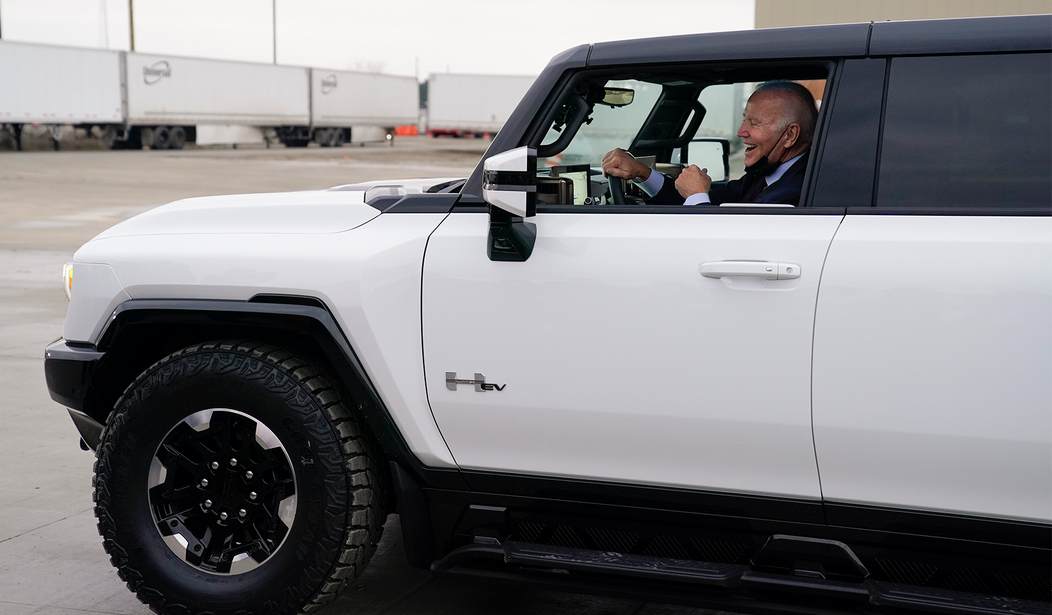


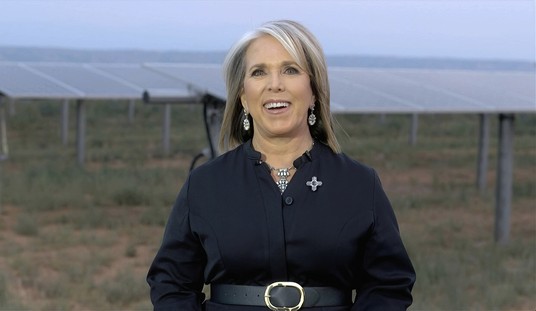






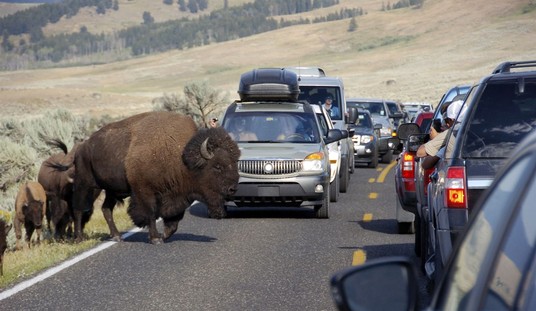
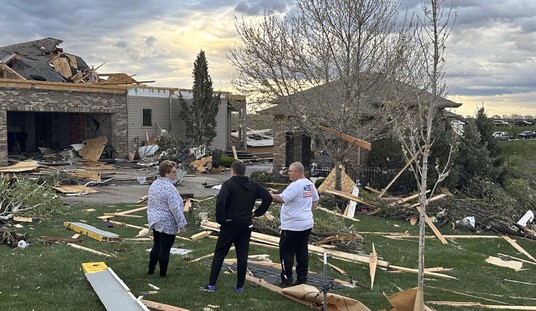
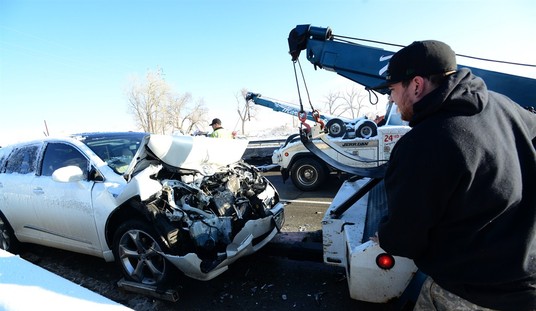

Join the conversation as a VIP Member